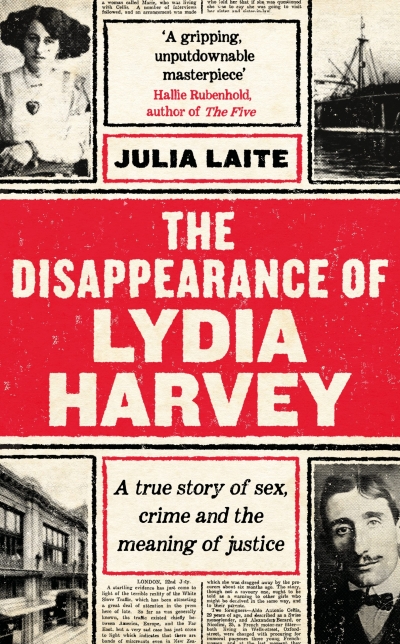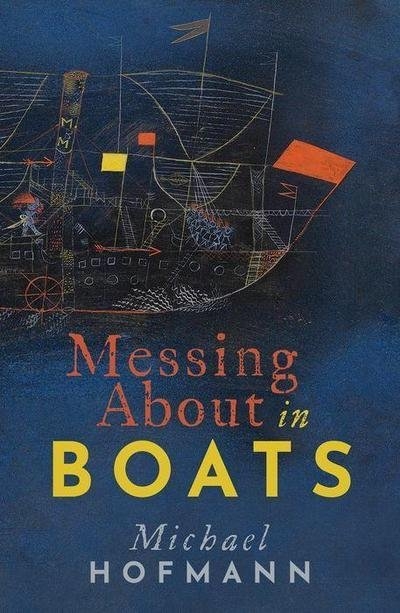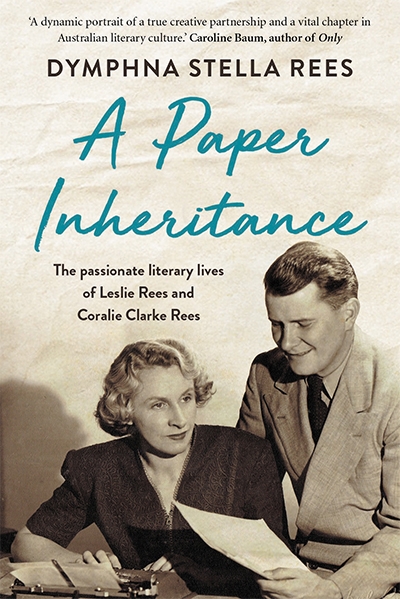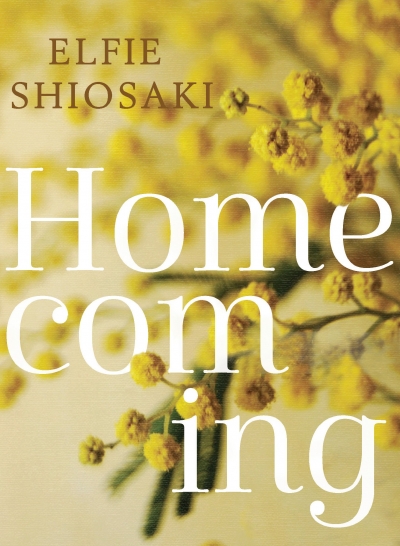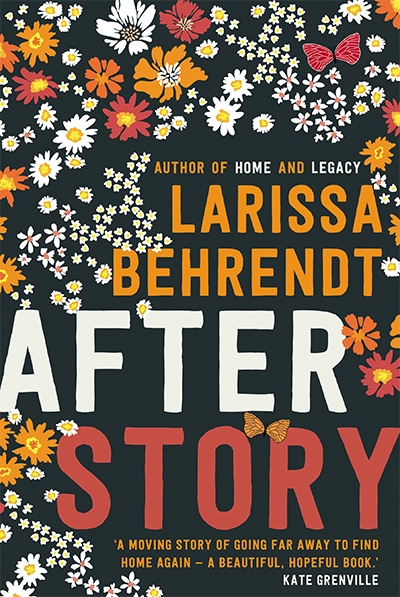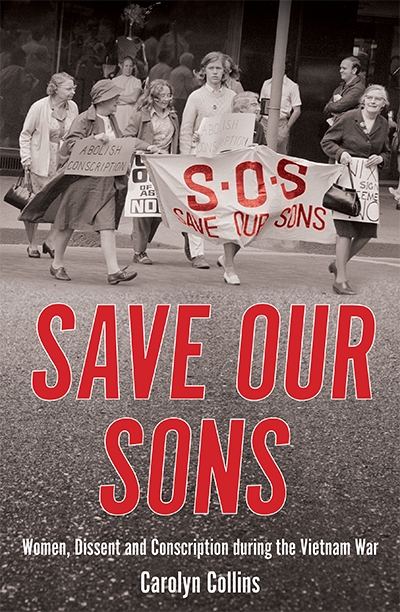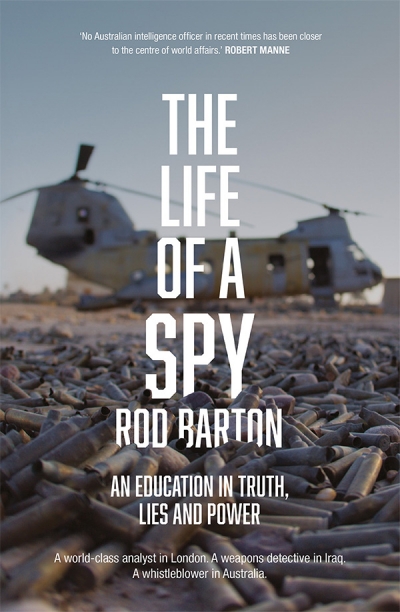NSW contributor
The Disappearance of Lydia Harvey: A true story of sex, crime and the meaning of justice by Julia Laite
It has become a rite of passage for foreign correspondents returning home from a stint in China to pen a memoir recounting their experiences. All too often, the story begins with the said reporter crossing into mainland China at Lo Wu, having just spent time enjoying the bright lights of Hong Kong. Clearly, the Lo Wu railway station holds a certain allure for wandering Australian journalists.
... (read more)A Paper Inheritance: The passionate literary lives of Leslie Rees and Coralie Clarke Rees by Dymphna Stella Rees
Save Our Sons: Women, dissent and conscription in the Vietnam War by Carolyn Collins
The Life of a Spy: An education in truth, lies and power by Rod Barton
‘Your sense of permanence is perverted,’ said Holstius to Theodora Goodman in The Aunt’s Story (1948). ‘True permanence is a state of multiplication and division.’ The words are prescient, for Patrick White, who wrote them, has done rather well at dissolving into the impermanence of post-mortem obscurity. Perhaps unsurprisingly in view of the pandemic, the thirtieth anniversary of his death in 2020 left little imprint. No literary festival honoured the occasion, and no journal did a special issue. If White is looking down at us from some gumtree in the sky, he will be bathing in the lack of glory. He despised the hacks of the ‘Oz Lit’ industry as much as he loathed the ‘academic turds from Canberra’.
... (read more)Smoke softens the trees, a swift omen scented before seen. / It warps what it brings, from the sun to grief. // I stir on the stoop I rent. All around me wasps shimmy, / Orange alphabet of knives. I call them father and son ...
... (read more)
